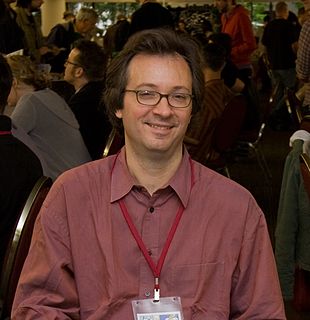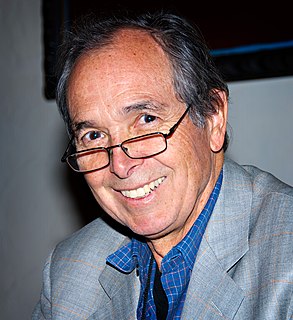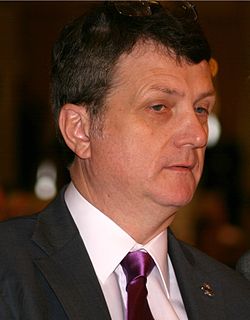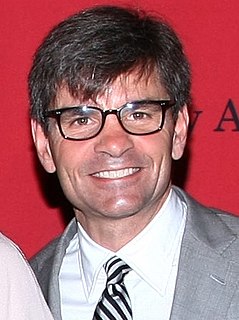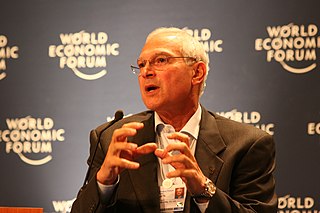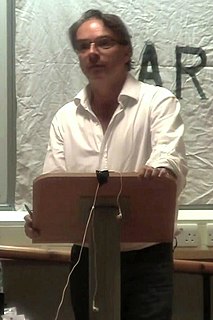A Quote by Ted Rall
What people don't seem to ever understand is that any infrastructure that exists under your regime, in your current government, will be appropriated and inherited by the next regime. I mean, the KGB came out of the NKVD which came out of the Tsarist version of the same thing. And now, the FSB operates out of the old KGB building in Moscow. The infrastructure remains exactly the same. There's a little bit of reshuffling of personnel, and that's it. The way to make sure that there's no FSB today would have been for the Tsar to not have built an infrastructure for it in the 1800s.
Related Quotes
We knew that the largest consumers of infrastructure would be large enterprise because they spend more absolute dollars. But we also had a mental image of a college kid in his dorm room having the same access, the same scalability and same infrastructure costs as the largest businesses in the world.
If we look at Germany's infrastructure policy, it has been driven by its mission-oriented focus on green infrastructure. This affects both innovation and infrastructure, old industries and new. The German steel industry, for example, has adapted to the policy by lowering its material content through a 'repurpose, reuse and recycle' strategy.
For countries such as Kenya to emerge as economic powerhouses, they need better infrastructure: roads, ports, smart grids and power plants. Infrastructure is expensive, and takes a long time to build. In the meantime, hackers are building 'grassroots infrastructure,' using the mobile-phone system to build solutions that are ready for market.
You know, if you look back in the 1930s, the money went to infrastructure. The bridges, the municipal buildings, the roads, those were all built with stimulus money spent on infrastructure. This stimulus bill has fundamentally gone, started out with a $500 rebate check, remember. That went to buy flat-screen TVs made in China.
